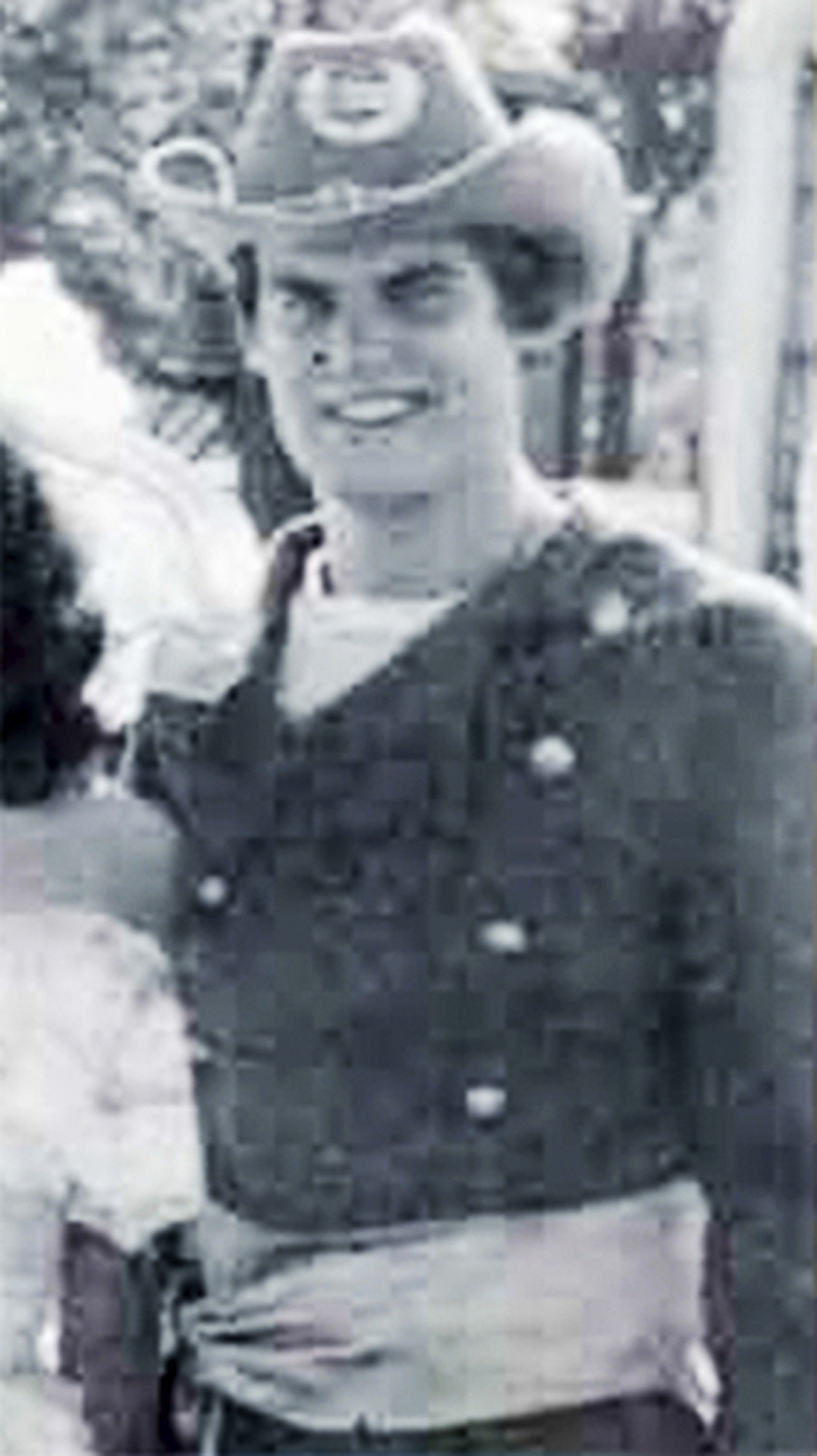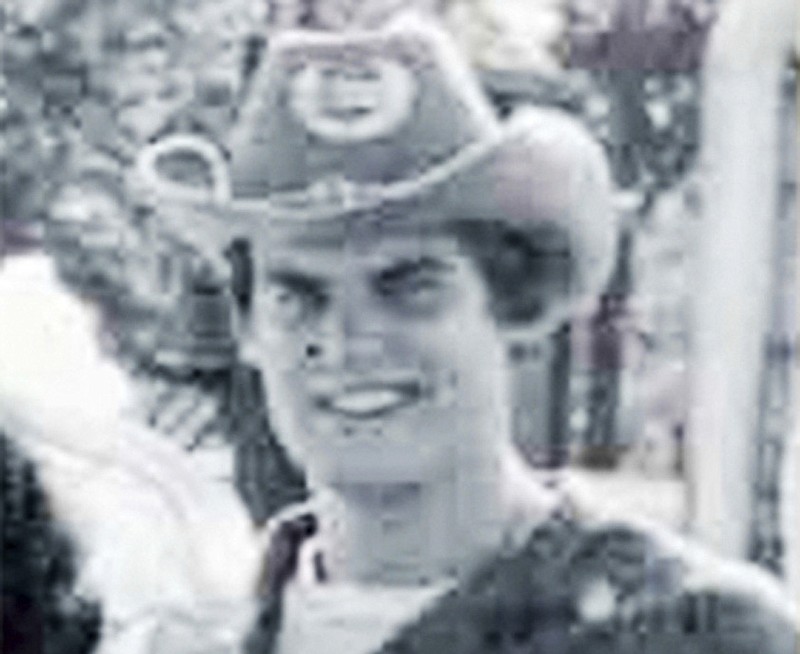 In this 1980 University of Auburn yearbook photo, released by the office of Tennessee Gov. Bill Lee, Lee is pictured in a confederate states costume while attending the university, in Auburn, Ala. Lee says he now regrets participating in “Old South” parties while he was a student at the university in which he and others dressed in Confederate uniforms. (Office of Tennessee Gov. Bill Lee via AP)
In this 1980 University of Auburn yearbook photo, released by the office of Tennessee Gov. Bill Lee, Lee is pictured in a confederate states costume while attending the university, in Auburn, Ala. Lee says he now regrets participating in “Old South” parties while he was a student at the university in which he and others dressed in Confederate uniforms. (Office of Tennessee Gov. Bill Lee via AP)There is no yearbook photo from my college life 25 years ago.
But there could have been.
Fraternity parties. Old South racism. A cadre of all-white friends who had never been challenged about our whiteness. An immature mind and desperate heart. In the 1990s, I was living within a context and climate that may not have worn blackface, but could and would have.
So I'm not surprised by the recent news that Gov. Bill Lee dressed in a Confederate costume at a college fraternity party.
Nor am I surprised by Virginia Gov. Ralph Northam's yearbook photo.
My hunch is that many African-Americans aren't surprised, either.
Racism isn't a surprise.
It's often seen as the norm, the expectation.
The surprise comes when racism doesn't happen. When it's snuffed out. When white people wake up. When white power becomes white humility, repentance and love.
That's the surprise.
That's the journey we need.
That's the journey I needed.
Few of us want to be judged decades later by actions in high school or college. Doing so ignores the grace and growth that life offers and demands. We are not the men and women we once were; the human heart and mind can always be transformed, thank God.
Yet with transformation comes repentance.
My own early racism and sexism were byproducts of a deeper hurt and confusion; I did not know how to think critically. I certainly didn't know how to love. The feeble internal house I had cobbled together - the way I saw myself and others - needed to come down.
In the beginning, such work was between me and God.
Then, it expanded. My salvation wasn't just church-house business. It became political. Social. Sexual. And racial. One generation removed from segregated bathrooms, I had to see anew what it meant to be a white male in America.
I had to repent of my unexamined and reckless whiteness.
As St. Paul writes, it was a renewing of my mind.
There was fear.
There was trembling.
But that is a story for another day.
Why?
Because the individual stories - Gov. Lee's, mine, perhaps yours - do not matter as much as recognizing the larger landscape behind them.
How is it that so many of us white Americans could spend decades of our lives - high school, college, beyond - without realizing why blackface is wrong?
How is it that we could stroll through college - the peak of our intellectual career - and not know why Confederate costuming is wrong?
It's as if we still wear the vestiges of old Confederate uniforms. We still wear the attitudes. We still wear the ignorance.
We can live our whole lives without thinking about color. (Yet our black brothers and sisters confront it in infinitesimal amounts each day.)
We can wear blackface and still ascend to the governor's mansion. (Yet De'Quan and Jamal don't get a call-back because their resumes and job applications don't have white-sounding names.)
View other columns by David Cook
We can name a dozen Confederate generals. (Yet can't name a dozen abolitionists or civil rights heroes.)
We will never forget the one time we were the only white guy in the room. (Yet never consider the routine experience of being the only black woman or man in the room.)
"Whiteness is narcissistic. It only thinks of itself," one friend said. (He's white, with a similar story.)
The white mind often suffers from the poison that believes racism is simply something you do. An act. Like wearing blackface.
Instead, racism is the larger atmosphere that allows the smaller acts to take place.
"Racism is not measured by how you treat the person-of-color you know, but by how you treat the ones you don't," writes the Washington Post's Robin Givhan. "It's not measured by your affection for the singular black person, but your respect for black people in general."
Like a lazy river, we in white America can be casually carried through a culture that will not force us to question our whiteness.
It will not ask us to know and own our racial story.
It will not demand us to be quiet before the experiences of our black and brown brothers and sisters.
That is the legacy of the Confederacy.
Though it may be humbling and uncomfortable and difficult, we must learn to undress it from our minds.
David Cook writes a Sunday column and can be reached at dcook@timesfreepress.com or 423-757-6329.

